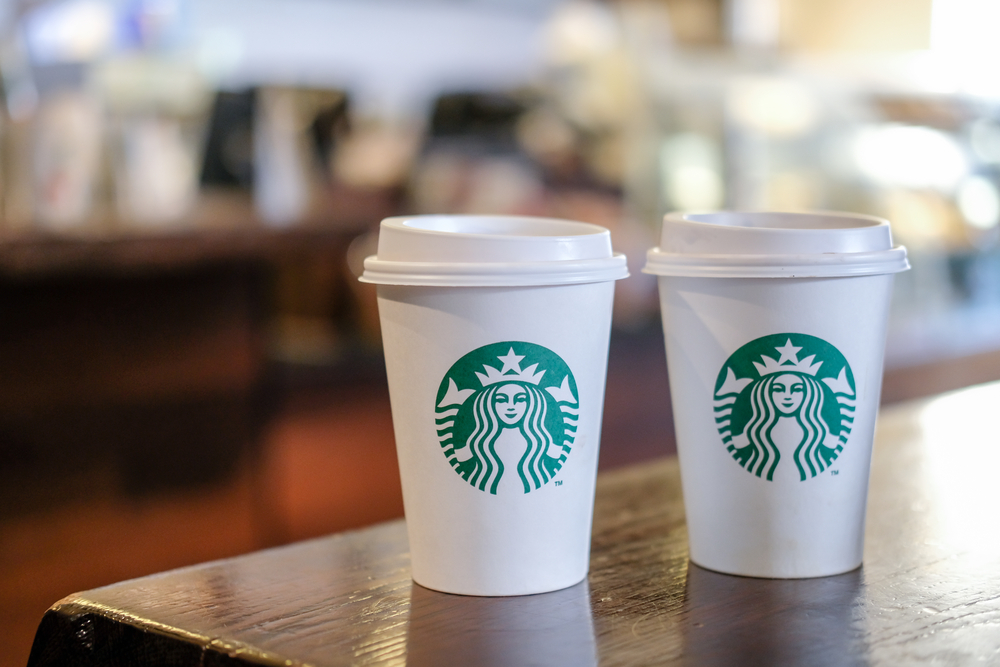Single-use plastics are a threat to the world, and a large contributor of that waste is bottled water. The segment, led by food conglomerates including Coca-Cola, PepsiCo and Nestle, is a huge business, pulling in $16 billion in 2016 in the U.S.
It makes sense then that startups and other companies are now introducing alternatives to bottled water to prevent more plastics from entering landfills and oceans. These alternatives take the form of countertop water filters, and there’s no shortage of them. Coming soon to the market are Lang’s All-in-One Drinks System, the Rocean One and Mitte.
All offer similar features: they filter water, of course, but also carbonate or mineralize it. Lang and Rocean also offer flavoring packs. All the machines are smart, reminding users when to replace the filters, carbon and mineral cartridges and flavoring packs. They also come at a high price, with Lang costing about $555, Mitte coming in at $529 and Rocean $349. Amazingly, there are waitlists for all three devices (the later two were successfully crowdfunded).
While these companies’ goals are laudable — Rocean’s plan is “to remove 1 billion single-use bottles from circulation within five years” — it’s built on the faulty premise that Americans even need to buy bottled water in the first place. Essentially, buying an expensive machine to filter water so you don’t buy bottled water cures a problem that is entirely avoidable in the first place.
For most people in the U.S., tap water is generally safe to drink. If you want to be extra cautious, you can buy a relatively inexpensive filter such as ones made by Brita or Pur. There is also always the option of boiling water to kill potential microorganisms.
But perhaps the main reason to stop buying bottled water is that it’s not even safer to drink than most tap water (and it has more microplastics). This is due to the fact that in the U.S. and Europe, more rigorous standards are applied to tap water than bottled, according to a study commissioned by The World Wildlife Fund. So really, people are paying corporations to put water that’s of equal or lesser quality to tap water in a plastic bottle that will live on for hundreds of years.
So spare yourself from opening your wallet for what Fast Company has dubbed “the Juicero of water,” and pour yourself a nice glass or reusable bottle of tap water. Not only will you prevent another plastic bottle from entering a landfill or the ocean, you’ll save money too.




























